Swiss ventilator company inundated by demand due to Covid-19
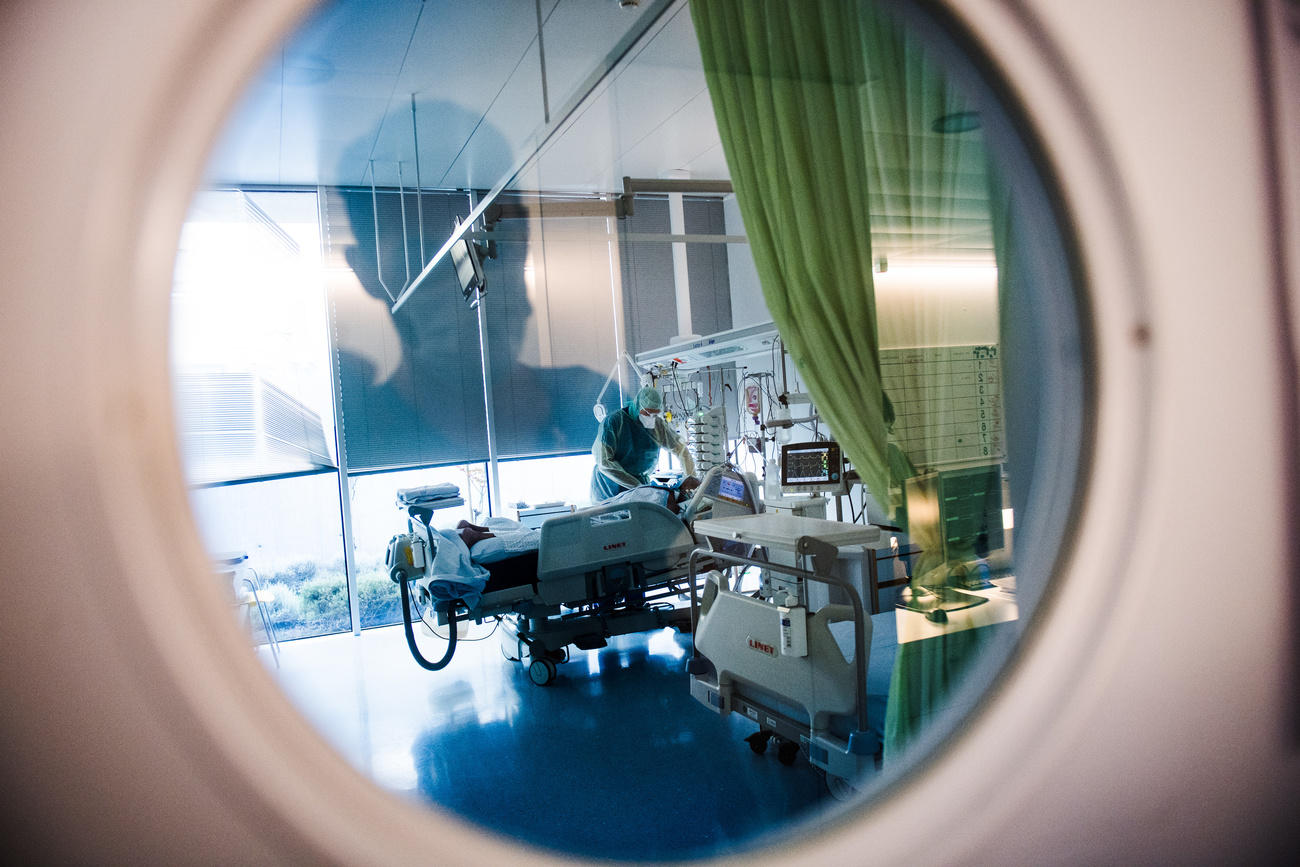
Hamilton Medical, the Switzerland-based global market leader in the manufacture of ventilators, has ramped up production by 50% but still cannot meet demand.
The company’s employees in southeastern Switzerland are now working round the clock and have applied for permission to work on Sundays, CEO Andreas Wieland told swissinfo.ch. Wieland estimates that the demand is so high for their medical breathing apparatuses that, to keep up, they would need to produce as many units in a month that they previously did in a year (1,500 to 2,000 units).
Hard-hit Italy is a priority country for the company which means large orders from other clients like the US Army are on hold.
It remains to be seen if Switzerland’s governing Federal Council also follows suit and bans the export of ventilators. Demand is high in Switzerland which has around 1,000 to 1,200 ventilators in hospitals. Hamilton is working on meeting domestic requirements but is limiting the quantity supplied to each hospital based on infrastructure and staffing, and whether the hospital is really able to implement each ventilator it is given.
Besides staff, one of the main bottlenecks for Hamilton is the supply of components. For example, Romania has recently classified a required ventilator component as a “medical device”, thereby preventing its export to Switzerland.
Speaking to swissinfo.ch, Wieland explained how the ventilator works, and other challenges the company is facing.
swissinfo.ch: What are the special features of your device?
Andreas Wieland: The new generation of these devices has a so-called closed-loop ventilation. This means that you almost only have to put the mask on the patient or intubate him. And then the device does everything necessary fully automatically based on pressure, volume, lung mechanics and other parameters that measure heart and lung functions, for example.
This relieves the physician from having to check again and again whether the device is set correctly or whether it needs readjustment.
And it provides additional safety, especially in countries where the expertise of medical personnel does not match the level in this country.
swissinfo.ch: Does Hamilton Bonaduz AG still deliver abroad?
A.W.: We supply both at home and abroad. In Switzerland, we are currently holding talks with some hospitals – with university hospitals, with a great many health authorities, and with the army, in order to upgrade their requirements as far as possible.
swissinfo.ch: But who else receives your equipment, and who has to be turned away?
A.W.: We try to deliver to where the need is greatest. To give one example: the US Army has ordered a huge quantity. But we don’t deliver everything to them. We find that Italy has a bigger problem. We are setting our priorities accordingly.
swissinfo.ch: Do you expect the situation to deteriorate so dramatically in Switzerland that there won’t be enough devices for all patients who would need them?
A.W.: In Switzerland, there are currently around 1000 to 1200 devices in total. I assume that this will not be enough if the pandemic is as severe as in Italy [where we have] no chance of meeting the enormous demand. I know that a great many people – especially the elderly – are dying because they could no longer be cared for.
swissinfo.ch: How would you react if the Swiss government banned you from exporting your product?
A.W.: The Federal Council could ban us from exporting on the basis of the extraordinary measures introduced. But we would try to oppose that. If they let us do our work and support us, we will do everything we can to make enough material available for Switzerland.
Correction: A statement in the first version of this article referring to a competitor in Germany could not be verified and therefore has been removed at the company’s request.

More
Coronavirus: the situation in Switzerland

In compliance with the JTI standards
More: SWI swissinfo.ch certified by the Journalism Trust Initiative










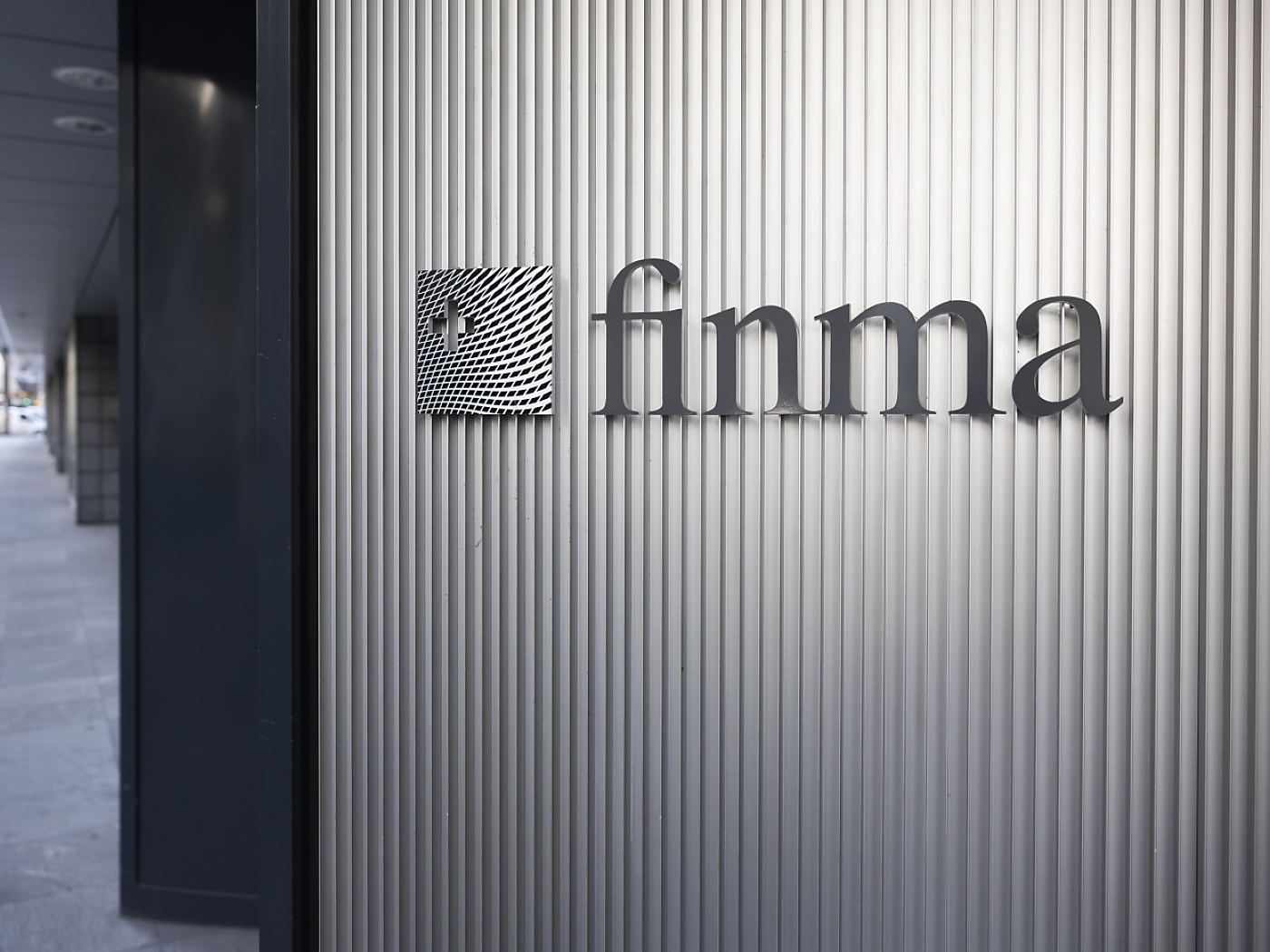





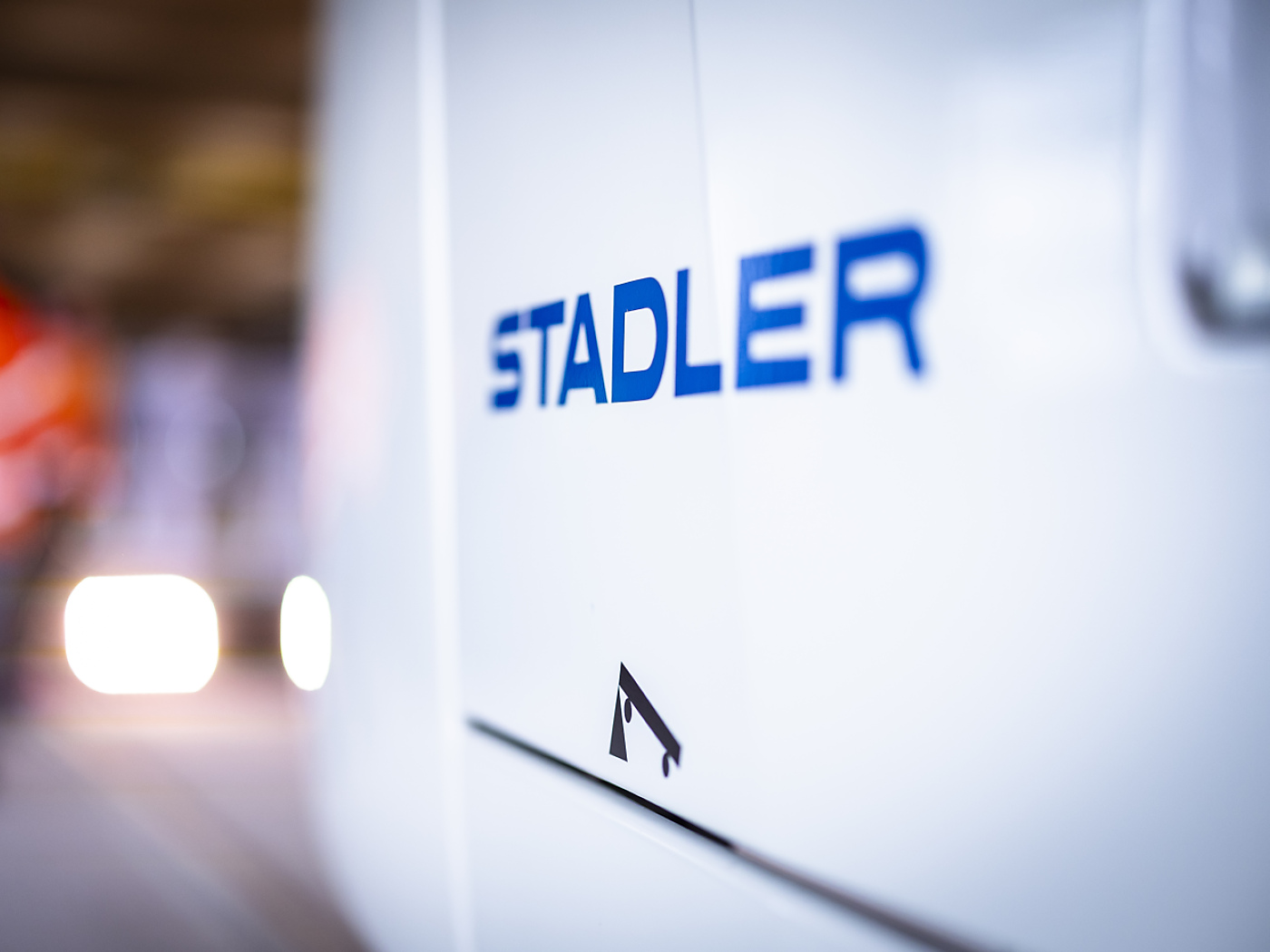
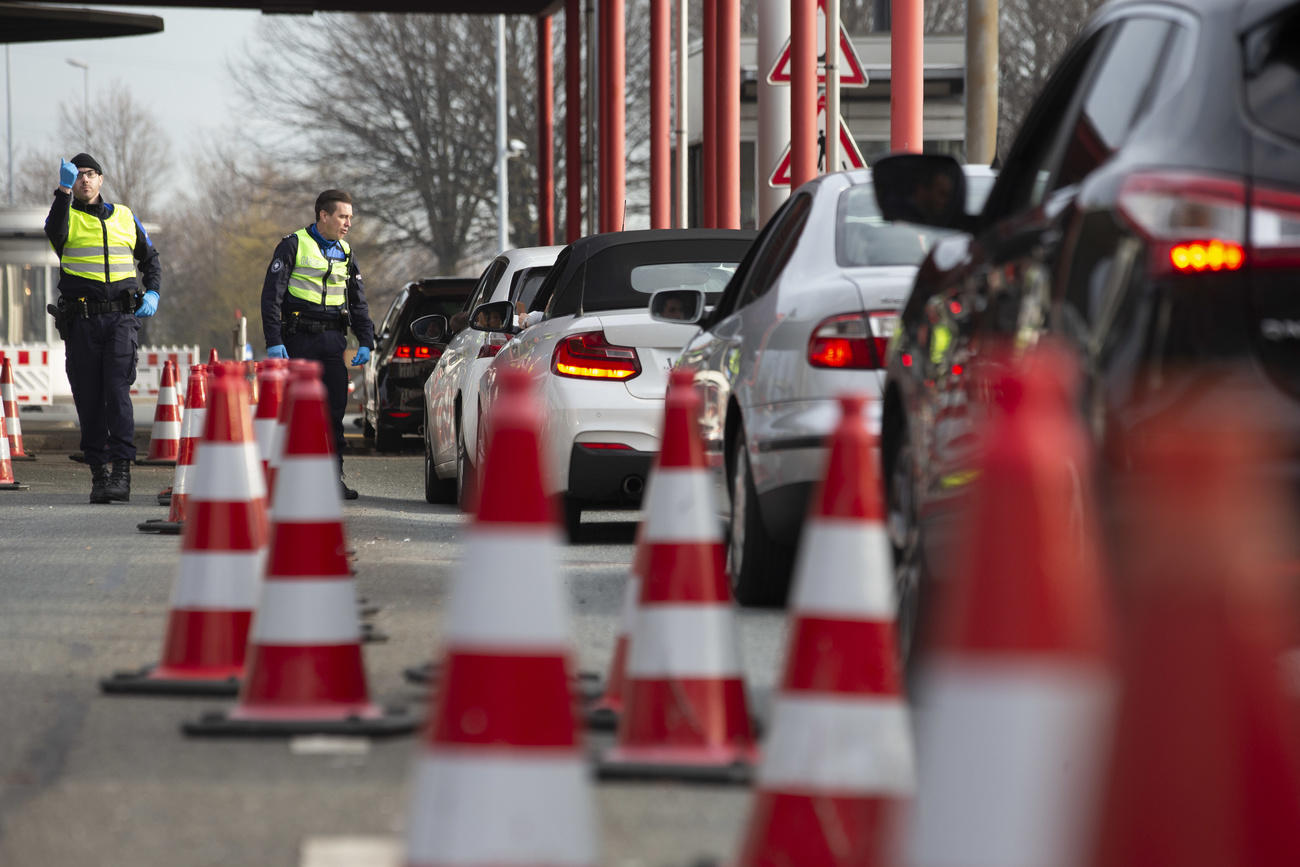
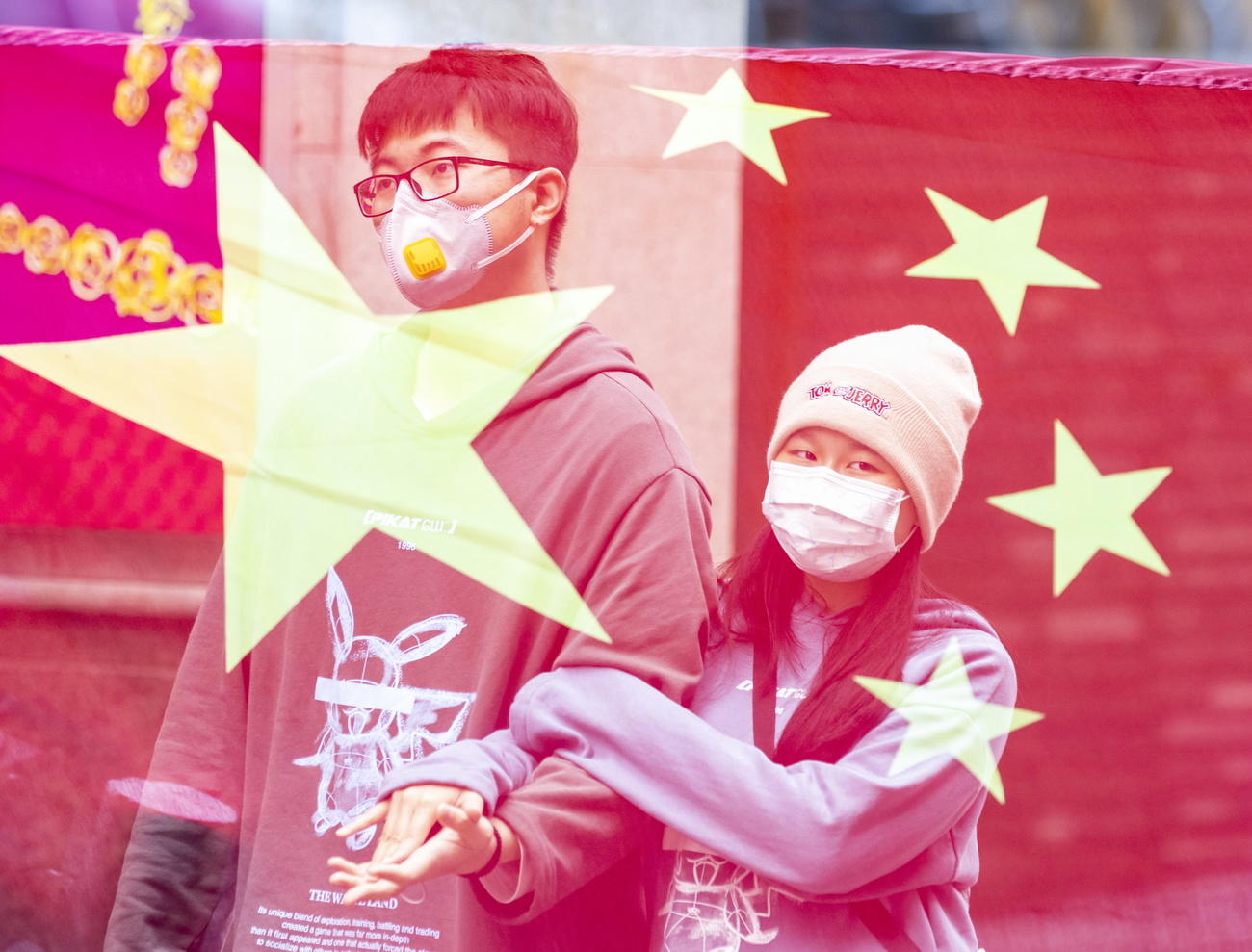
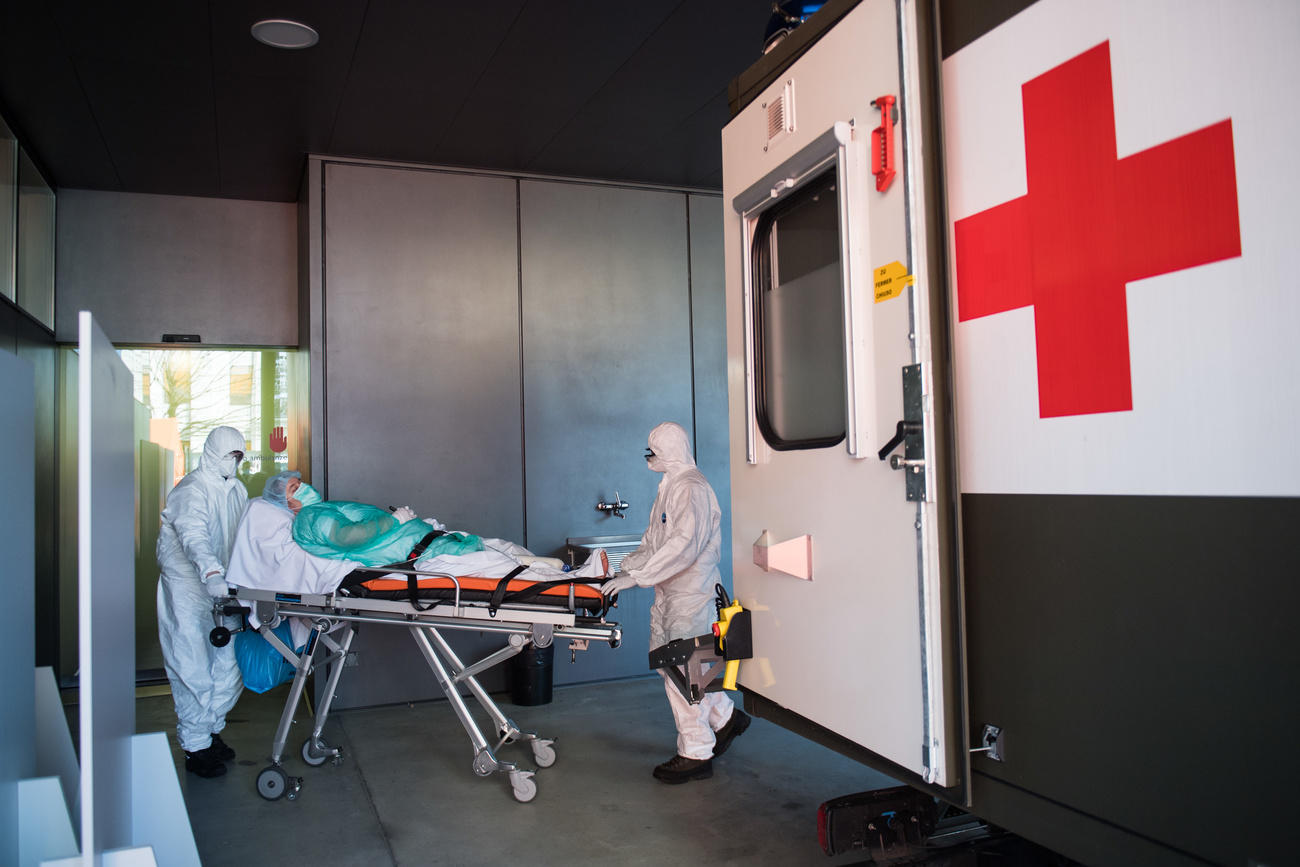
You can find an overview of ongoing debates with our journalists here . Please join us!
If you want to start a conversation about a topic raised in this article or want to report factual errors, email us at english@swissinfo.ch.